The Swedish Childhood Cancer Foundation supports more than 200 ongoing research projects related to childhood cancer. By funding research, the Swedish Childhood Cancer Foundation helps to find new and better methods to ease and cure childhood cancer – and save more children.
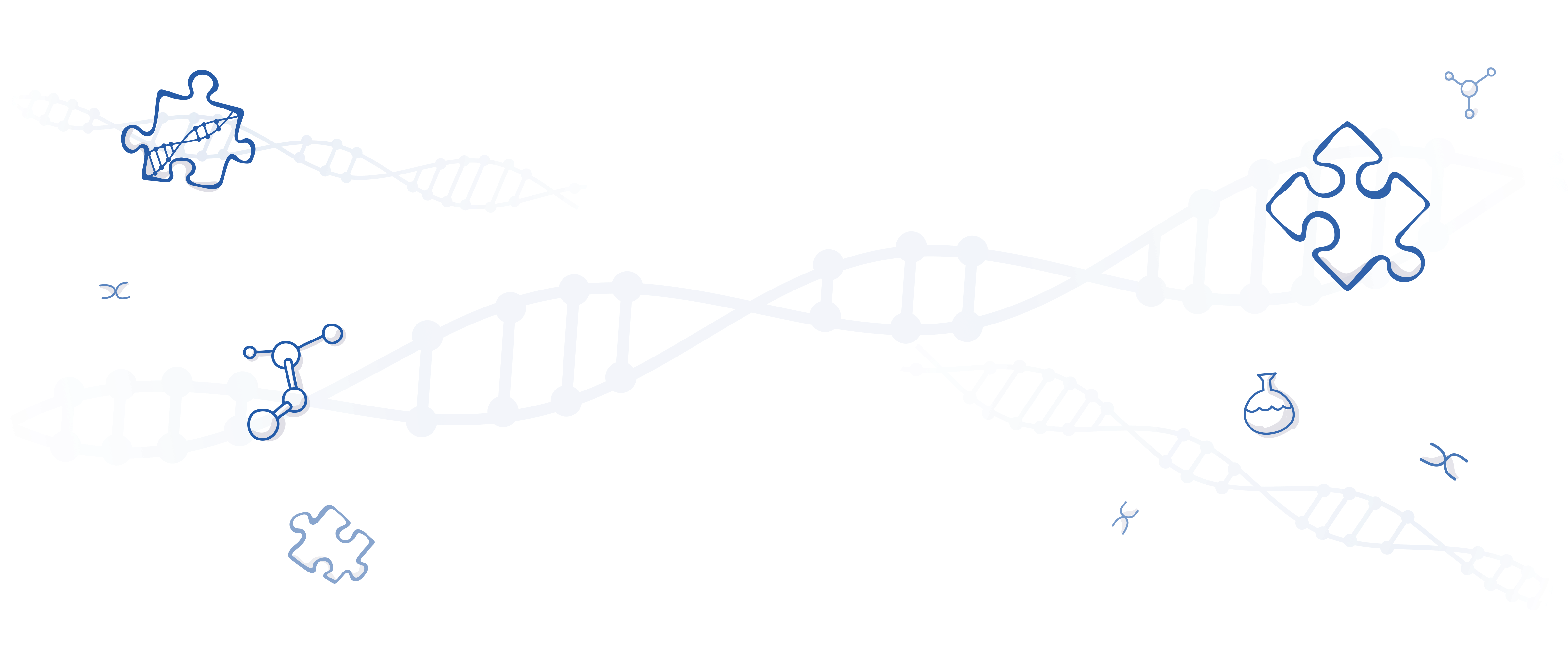
Complex and long-term research
Research is complicated and takes time. The journey to a successful treatment method or a new medicine is long and may entail many dead ends. Consequently the need for long-term support is enormous.
Childhood cancer is an uncommon diagnosis. In Sweden, the number of children in the same age category with the same diagnosis are too few for researchers to be able to draw reliable conclusions. Consequently collaboration is necessary. Such collaboration takes place both within the Nordic region and internationally. But collaboration also requires funding and long-term design. The Swedish Childhood Cancer Foundation can help with this aspect.
The Swedish Childhood Cancer Foundation finances both targeted and broad-spectrum projects to cure sick children and to give them a better life both during and after treatment. Consequently the research projects that the Swedish Childhood Cancer Foundation funds may affect several different areas. These range from developing tomorrow’s targeted therapies, cancer-destroying killer cells or molecules that enable defective genes to act as they should, to providing better pain relief or diet and providing opportunities for better psychological care during and after treatment.
Research can be compared to a giant puzzle, where many different people from different fields slowly contribute by adding piece after piece – which hopefully will ultimately lead to the eradication of childhood cancer. In recent decades, Swedish childhood cancer research has contributed important pieces to this puzzle.
Up until the 1960s, hardly any children survived cancer. Today, about 90 per cent survive the most common cancer form that affects children, acute lymphoblastic leukaemia (ALL). Key elements of the success story include research that resulted in chemotherapy and stem cell transplants, which today set the standard for high-risk treatment of acute lymphoblastic leukaemia (ALL).
Research in other fields has also contributed to the improved survival curve. Today, health care is better at treating the infections that affect children with cancer, whose immune systems are especially weak.
The Swedish Childhood Cancer Foundation funds more than just pure research. In order for research to be efficient and yield results, additional initiatives are also needed. For example, infrastructure such as biobanks and disease registers must also be funded, along with the administrative personnel to run them.
 På svenska
På svenska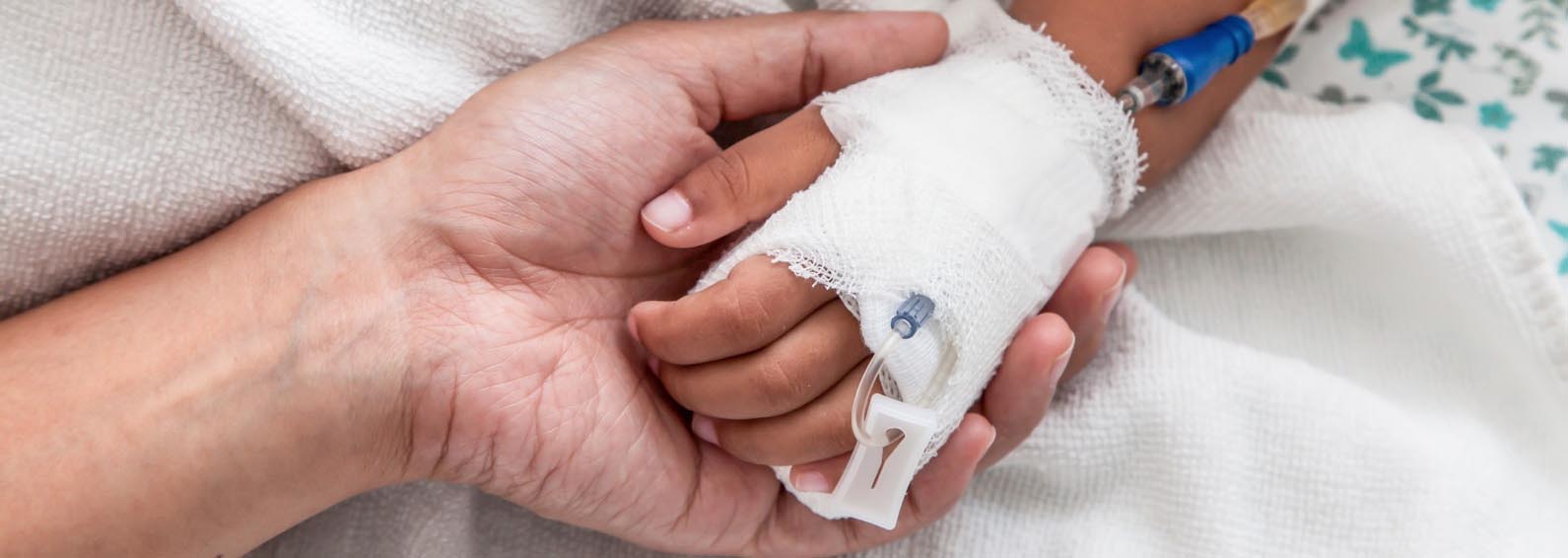

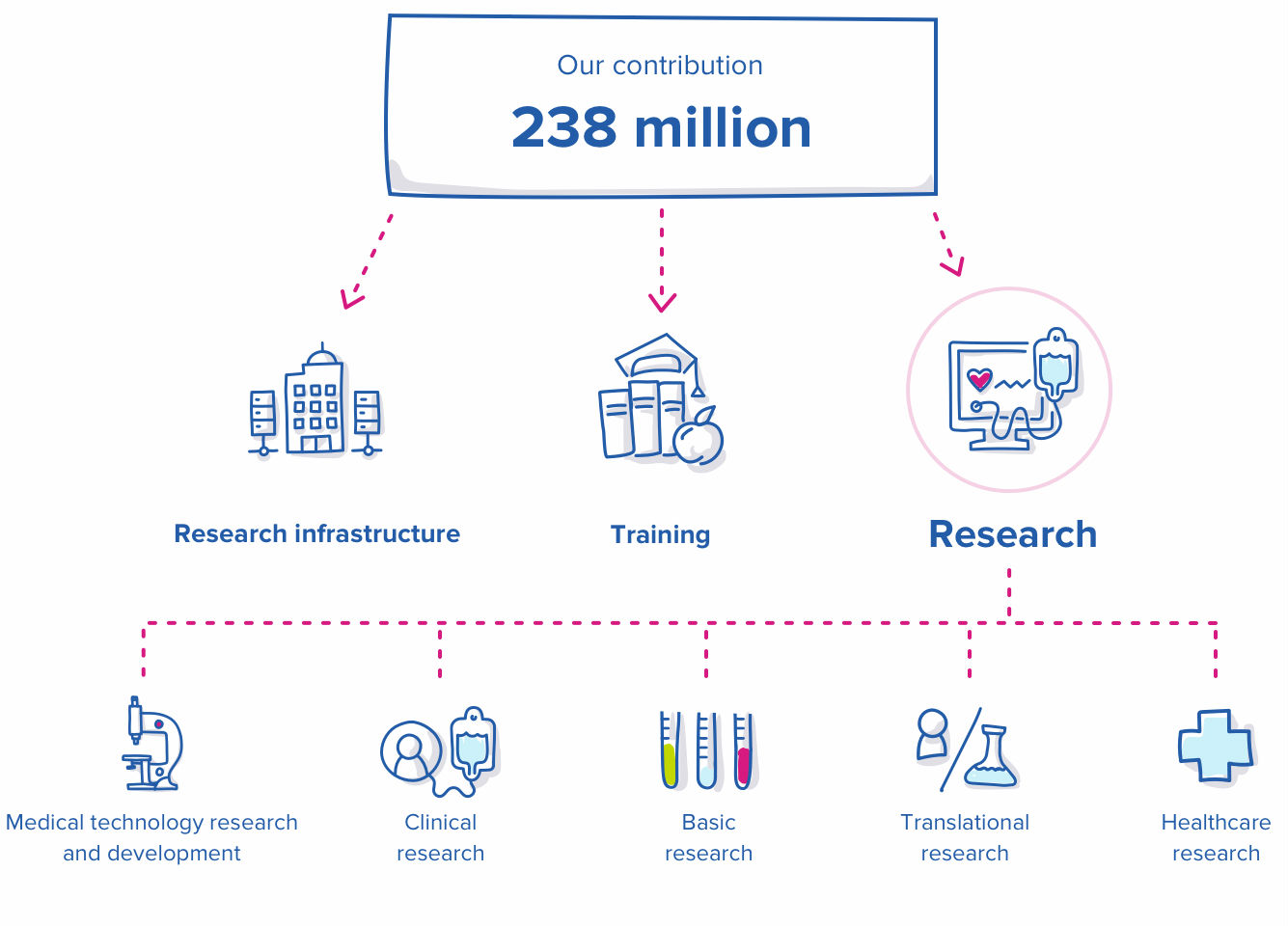
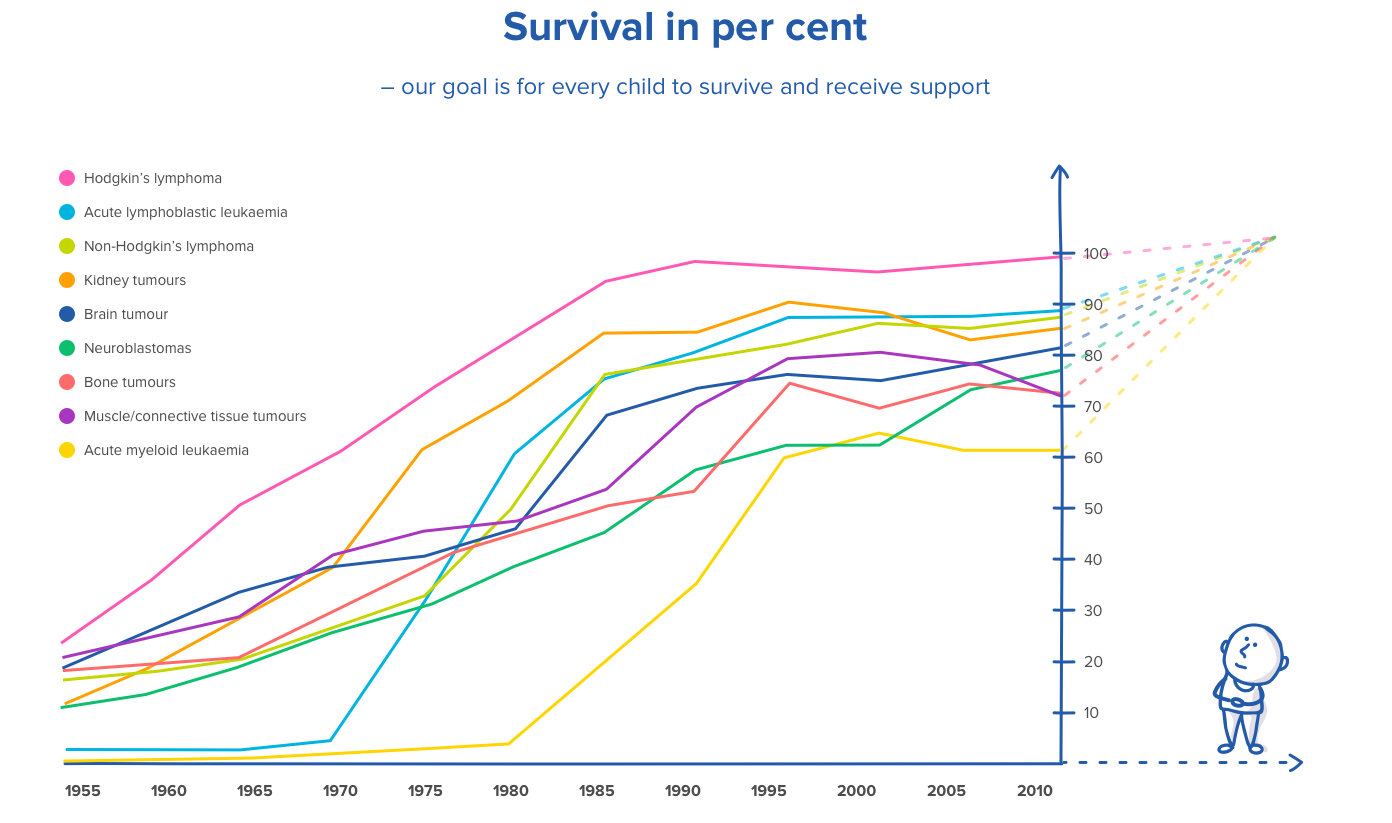

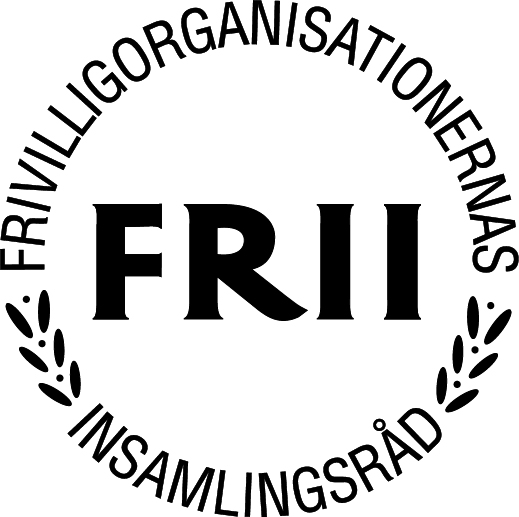 The Swedish Childhood Cancer Foundation complies with the Swedish Fundraising Council’s (FRII) quality code for fundraising organisations. The purpose of the code is to increase transparency and openness in the sector, thereby strengthening confidence in organisations that comply with the code.
The Swedish Childhood Cancer Foundation complies with the Swedish Fundraising Council’s (FRII) quality code for fundraising organisations. The purpose of the code is to increase transparency and openness in the sector, thereby strengthening confidence in organisations that comply with the code.